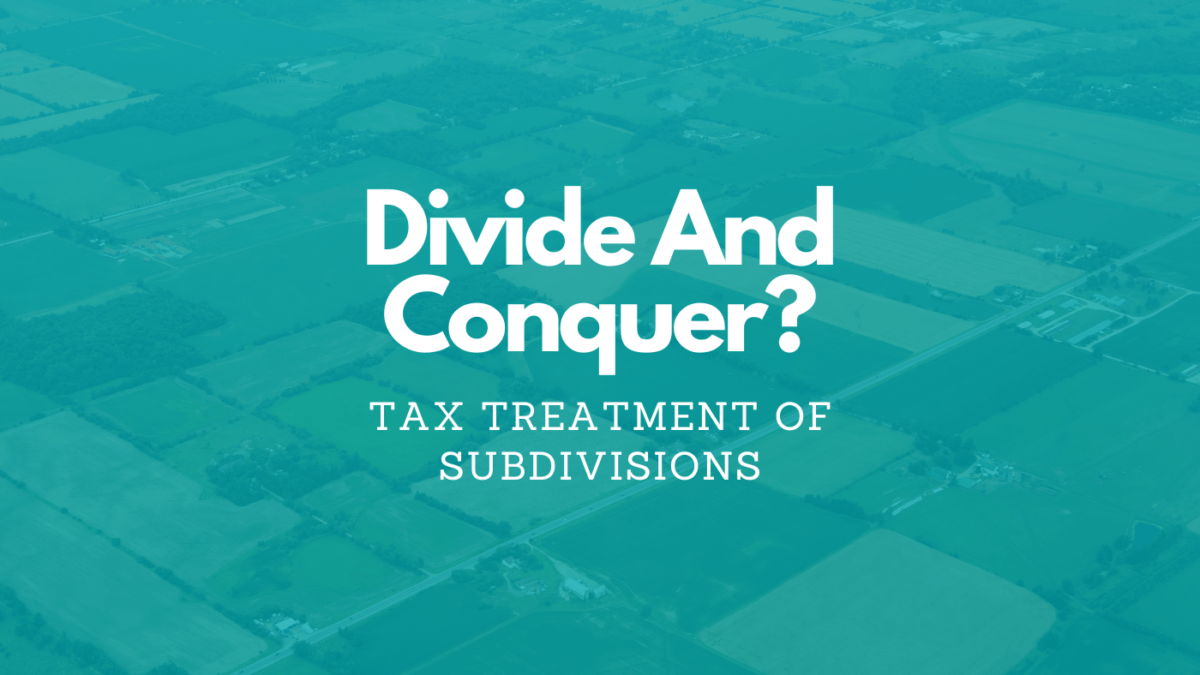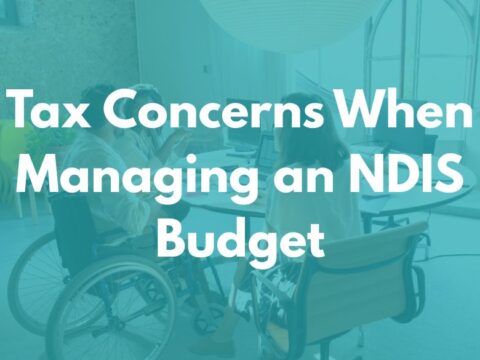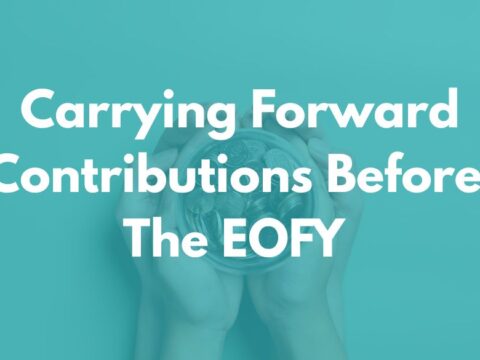Thinking of subdividing? Consider the tax implications and pitfalls of small-scale subdivisions
You’ve got a block of land that’s perfect for a subdivision. The details have all been worked out with Council, the builders, and the bank. But, one important aspect has been left out; the tax implications.
Many small-scale developers often assume that their tax exposure is minimal – but this is not always the case and the tax treatment of a subdivision project can significantly impact on cashflow and the financial viability of the project.
New guidance from the ATO walks through the tax impact of small-scale subdivision projects. We look at some of the leading issues:
Tax treatment of the subdivision
Subdividing land
The tax treatment of even a small subdivision can become complex very quickly and tax applies according to the circumstances. You can’t simply assume that, just because it’s a small development, any profit from the eventual sale will be taxed as a capital gain and qualify for CGT concessions.
In general, 1) if you own a property personally, 2) it has been held and used for private purposes over an extended period, and 3) you subdivide it and sell the newly created block, then capital gains tax is likely to apply to any gain you make.
The gain is recognised from the point you first acquired the land, although you will need to apportion the amount paid for the property between the subdivided lots. If you are subdividing a property that contains your home – the main residence exemption will not generally be available if you sell a subdivided block separately from the block containing your home, even if the land has only ever been used for private purposes in connection with your home.
If a property is initially owned jointly but the property is subdivided, and the lots split between the owners, then this will normally trigger upfront tax implications even though the land hasn’t been sold to an unrelated party yet. Arrangements like this (referred to as partitioning) can be complex to deal with from a tax perspective.
Developing a property
But what happens if you develop the land? It’s not uncommon for people to decide to subdivide and develop their block by building a house or duplex and then selling the new dwelling.
When someone develops a property with the intention of selling the finished product at a profit in the short term, there is a risk that this will be taxed as income rather than under the capital gains tax rules. This limits the availability of CGT concessions (such as the 50% CGT discount) and will often expose the owners to GST liabilities as well. This can be the case even for one-off property developments.
Let’s look at an example. Claude purchased his home on 1 July 2001 for $300,000. In July 2020, Claude began investigating the idea of subdividing his block and building a new house, then selling it. A registered valuers report on the subdivision says that the original house and land is now worth $360,000, and the subdivided lot is worth $240,000 (the valuation is an important step before commencement to prevent any debates with the ATO). Claude decides to go ahead and build a dwelling on the newly subdivided block and takes out a loan of $400,000 for the development. He intends to pay off the loan as soon as the house sells.
In July 2021, Claude sells the subdivided block and new home for $1,210,000 (GST-inclusive).
Here is how the tax works for Claude’s scenario:
- Claude made an overall economic gain of $580,000.
- The overall gain ($580,000) is based on the GST exclusive sale proceeds ($1,100,000, although we are assuming that the GST margin scheme isn’t applied) minus the GST exclusive development expenses ($400,000) and the original cost attributable to the newly subdivided lot of $120,000 ($300,000 × 40%).
- The increase in the value of the newly created subdivided lot from when it was originally acquired (1 July 2001) up to when the profit-making activities began (1 July 2020) should be treated as a capital gain.
- The value of the newly created subdivided lot at the time Claude began to undertake profit-making activities on 1 July 2020 was $240,000. The original cost, attributable to the newly created subdivided lot was $120,000 (40% × $300,000) on 1 July 2001. This means that there is a capital gain of $120,000.
- As Claude has held the subdivided block for greater than 12 months he is entitled to a 50% CGT discount, hence there is a discounted capital gain of $60,000.
- The increase in the value of the newly created subdivided lot from when the profit-making activities began up to the time of sale should be treated as ordinary income.
- The net profit ($460,000) will be based on the GST exclusive sale proceeds ($1,100,000) minus the GST exclusive development expenses ($400,000) and the value of the subdivided lot ($240,000).
If Claude is not carrying on a business, he cannot claim a deduction for the development expenses as they are incurred. They will be taken into account in determining the net profit on sale.
If Claude finished the development but decided not to sell the property, then this would complicate the income tax and GST treatment. We would need to explore what Claude plans to do with the property.
Do I need to register for GST?
If you are an individual who is subdividing land that has been held and used for private purposes, then you might not need to GST; but this will depend on the situation. However, if you are engaged in a property development business or a one-off project that is undertaken in a business-like manner, then it is more likely that you would need to register for GST.
In Claude’s scenario, because the projected sale price of the developed land was above the GST threshold of $75,000, he will probably need to register for GST. This will mean that he:
- Has a ‘default’ GST liability of $110,000 on the sale price of the developed block, although it might be possible to reduce the GST liability by applying the GST margin scheme
- Needs to provide a notification to the purchaser of the amount at settlement to be withheld and paid to the ATO
- Is able to claim $40,000 credits for the GST included in the development expenses (subject to the normal GST rules)
- Must report these transactions by completing business activity statements
The tax consequences of subdivision and other property projects can be complex. If you are contemplating undertaking a subdivision and any property development activities, please contact us and we can help walk you through the scenarios and tax impact of the project.
IMPORTANT NOTICE
This blog post contains general information only and has been prepared by Allworths without reference to your objectives, financial situation or needs. Allworths cannot guarantee the accuracy, completeness or timeliness of the information contained here. By making this information available to you, we are not providing professional advice or recommendations. Before acting on any of the information contained here, you should seek professional advice.




